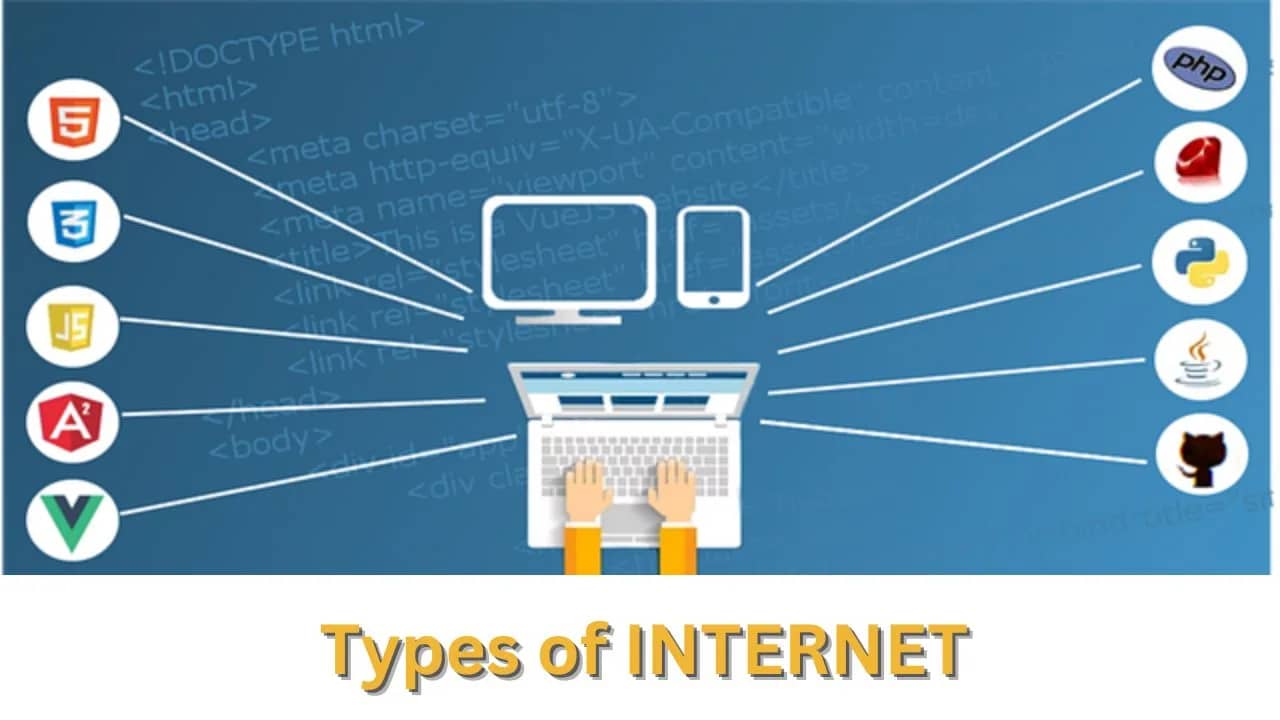In Java, tokens are the smallest individual units that make up a program. The Java programming language has the following types of tokens:
- Keywords: These are reserved words that have a specific meaning in Java. Examples include
class,if,else,for,while,return, andpublic. You cannot use keywords as identifiers (variable names, method names, etc.). - Identifiers: These are names given to classes, methods, variables, and other entities in Java. Identifiers must follow certain rules, such as starting with a letter, underscore, or dollar sign, and can contain letters, digits, underscores, and dollar signs.
- Literals: These represent constant values in the code. There are several types of literals in Java, including:
- Integer literals: Whole numbers without decimal points, such as
42or-10. - Floating-point literals: Numbers with decimal points, such as
3.14or1.0e-5. - Boolean literals:
trueandfalse. - Character literals: Single characters enclosed in single quotes, such as
'A'or'\n'. - String literals: Sequences of characters enclosed in double quotes, such as
"Hello, World!".
- Operators: These symbols perform operations on operands. Examples of operators in Java include arithmetic operators (
+,-,*,/), assignment operator (=), comparison operators (==,!=,<,>,<=,>=), logical operators (&&,||,!), and more. - Separators: These symbols are used to separate parts of the program. Examples include parentheses (
(and)), braces ({and}), brackets ([and]), commas (,), semicolons (;), and periods (.). - Comments: These are used to add explanatory notes or disable certain portions of the code. There are two types of comments in Java:
- Single-line comments: Start with
//and extend to the end of the line. - Multi-line comments: Enclosed between
/*and*/and can span multiple lines.
It’s worth noting that whitespace (spaces, tabs, and line breaks) is not considered a token and is used for formatting and readability purposes.



